The COVID-19 pandemic has resulted in over 80,000 deaths in 136 days.
The Rwandan genocide claimed over 800,000 lives in 100 days.
Some estimates are as high as 1,000,000 or more deaths.
Today, most of the world is intensely aware of COVID-19. In 1994 most of the world, and especially the United States, had little to no awareness (or interest) of what was happening in Rwanda.
My intent is not to undervalue 80,000 deaths resulting in countries shutting down and borders being closed.
But I do intend to help us to pause and reflect on 800,000 to 1,000,000 deaths when the U.N. and the U.S. stood by and did nothing (except to debate the definition of genocide).
Because every life is sacred, every life (or death) matters; whether 1 or 1,000,000.
In 1994 did Rwanda matter to me?
In this current pandemic will I, will you, pause to “remember” with our brothers and sisters in Rwanda?
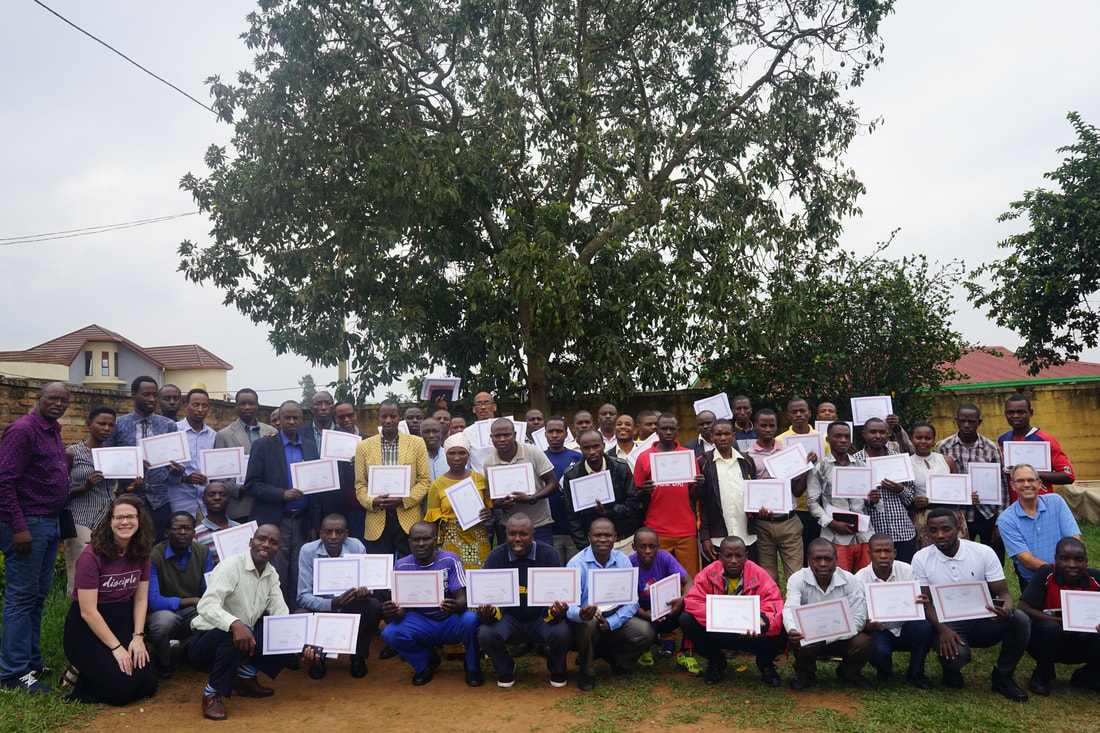
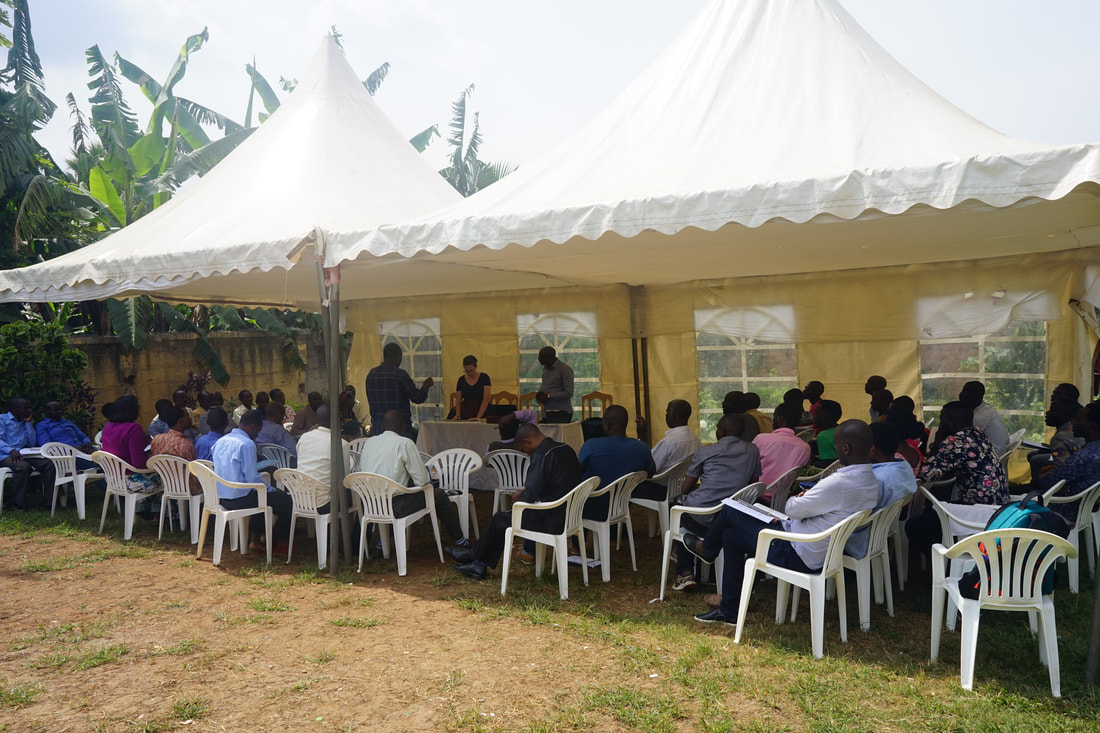
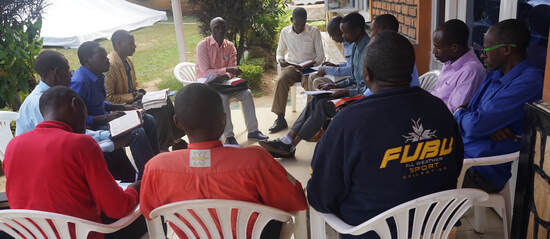
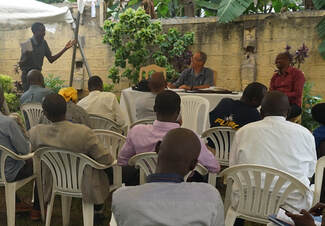
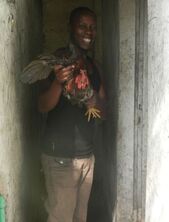

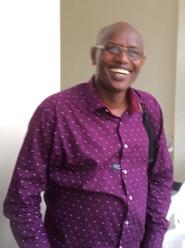
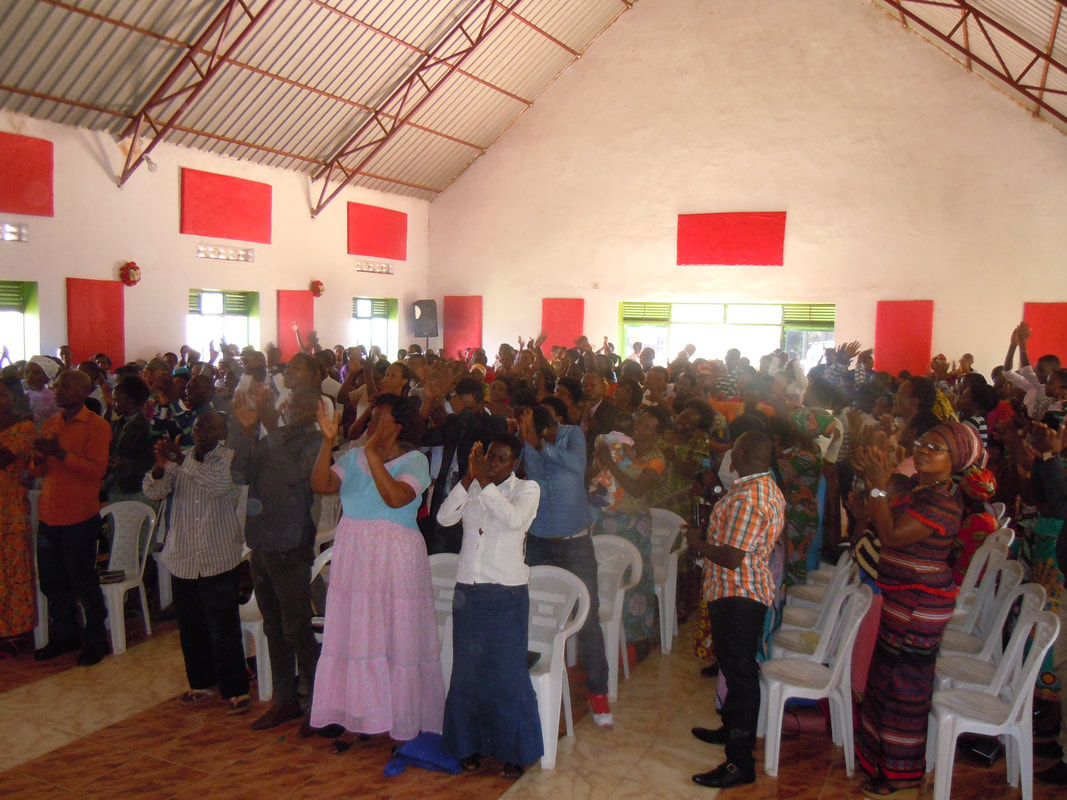
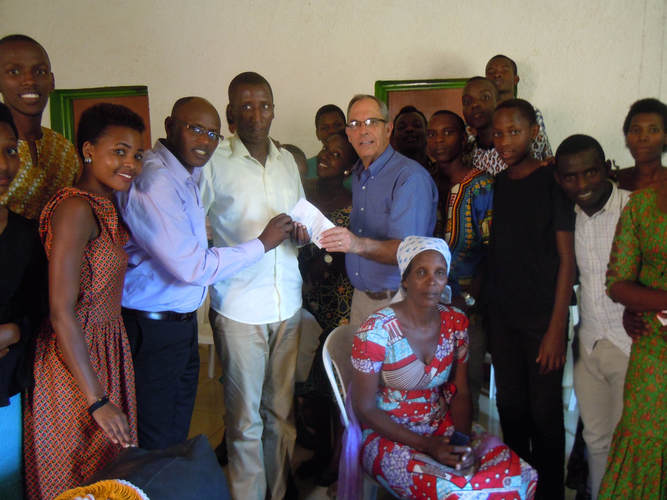
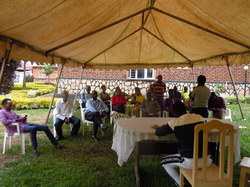
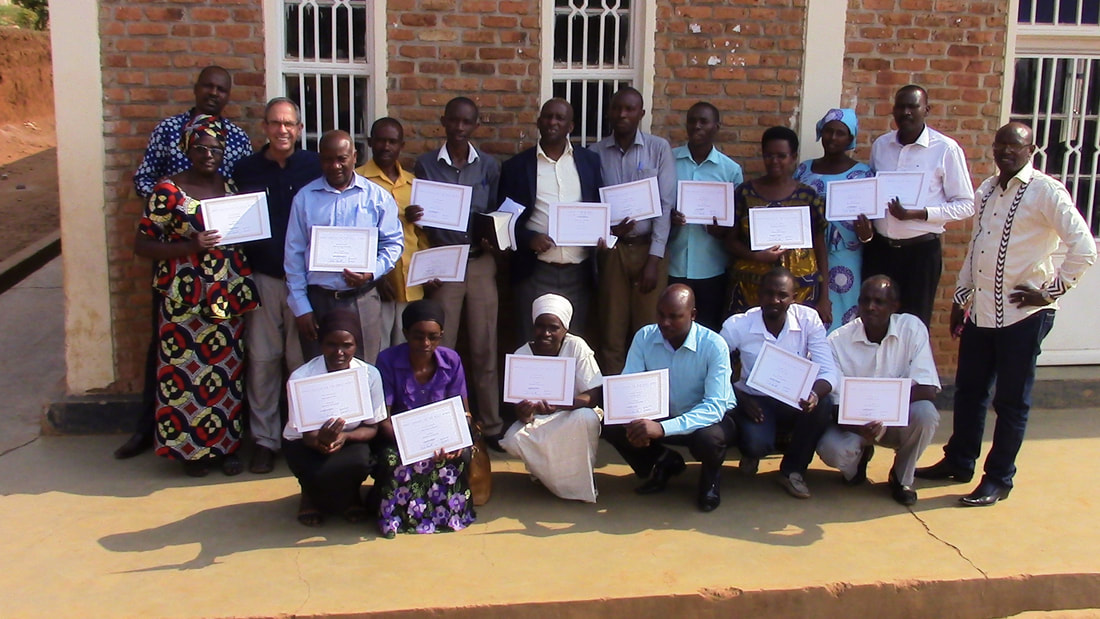
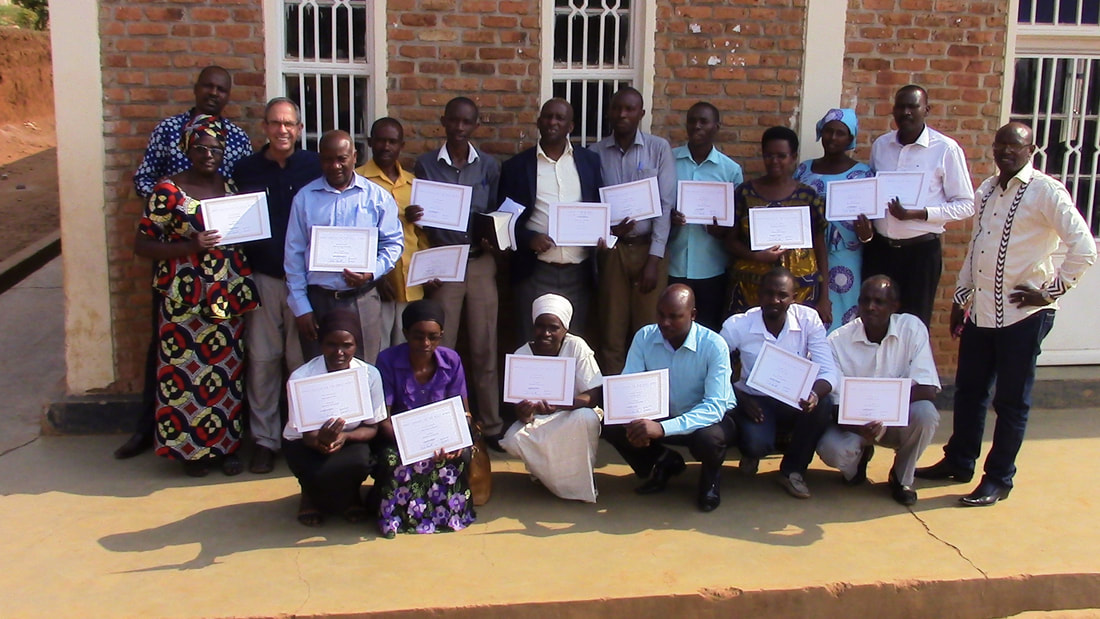
 RSS Feed
RSS Feed